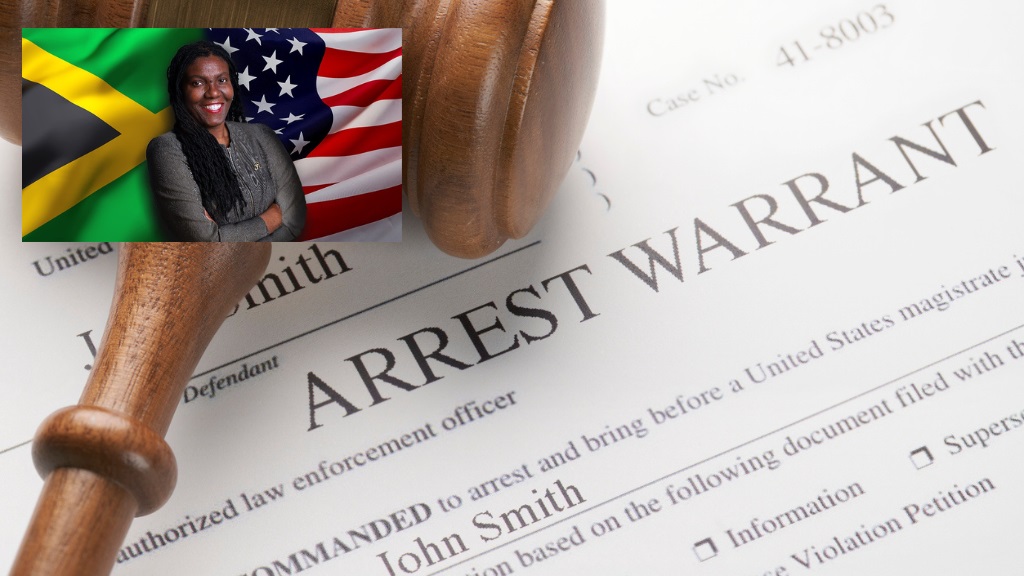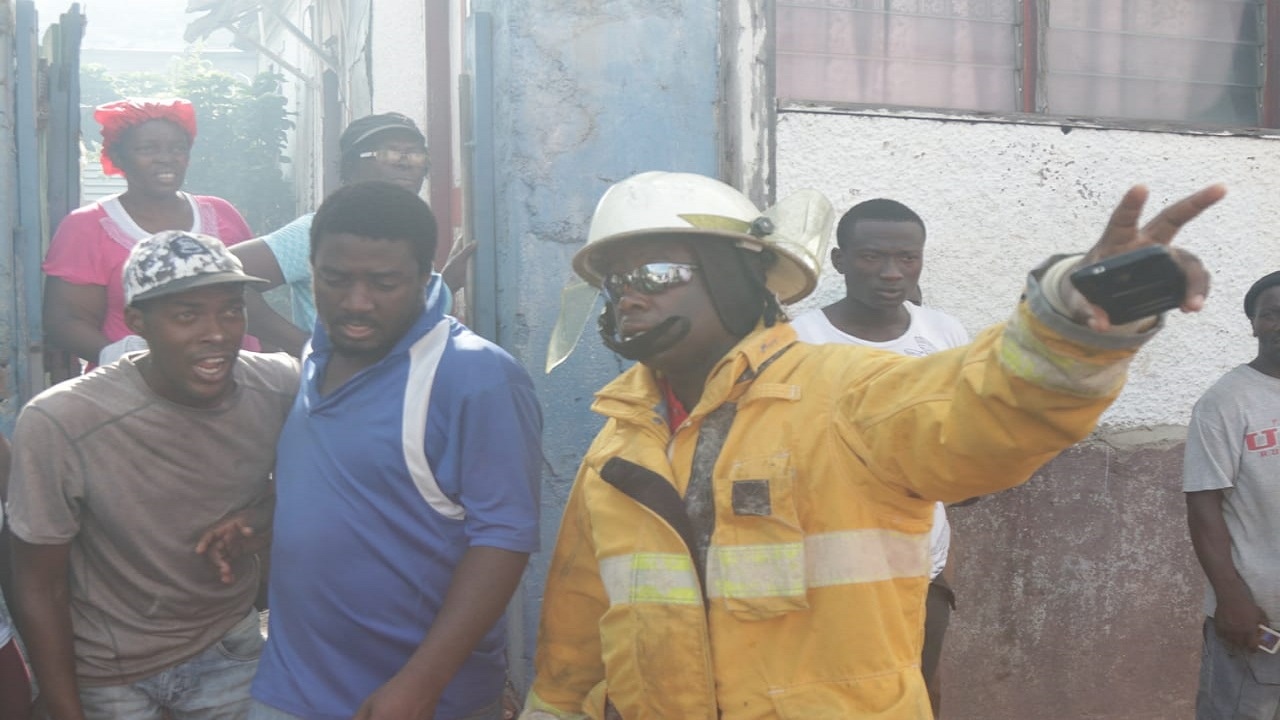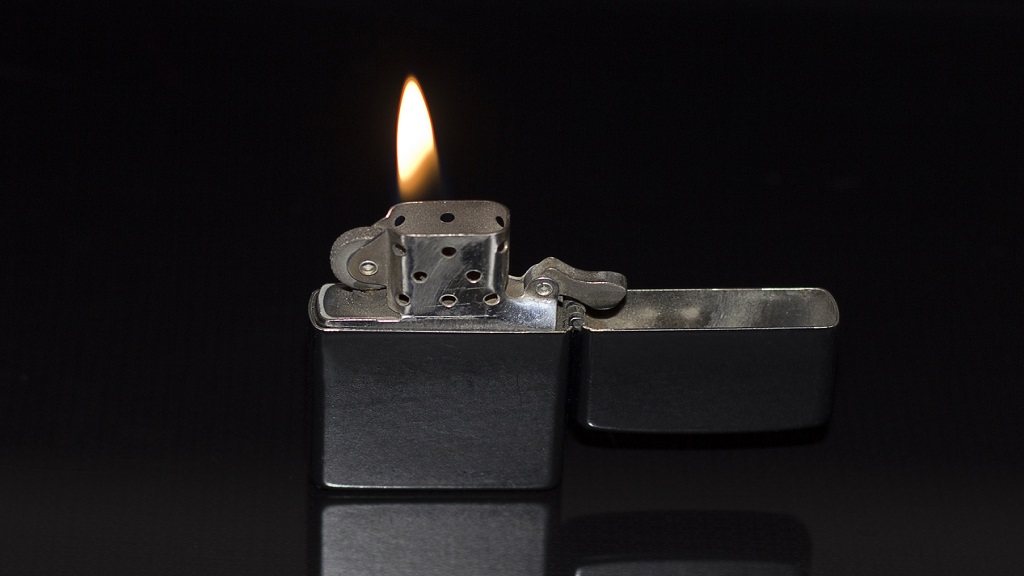

US citizens and green card holders who travel overseas must exercise caution and due diligence, like everyone else. However, with the best intentions in the world, you can still be arrested in a foreign country. Here are some important tips to be aware of as you travel.
When travelling, register with the US Embassy in the countries you plan to visit. At best, there is official documentation of your presence in the country. At worst, if some crisis occurs there is support. The registration is free, quick and easily done on the Department of State’s website.
Ask immediately to contact the local US Embassy. They will not be able to demand your release (unless you are a diplomat or have some such other status) despite what is shown on the silver screen. However, the local US Embassy can contact your family in the USA on your behalf, offer the list of local attorneys that is usually on their website (but the Embassy does not endorse any specific attorney) and offer general guidance on the criminal law in the local courts as well as interpretation services should you need it.
On being arrested, if you do not speak the local language, do not sign any document.
Even if you speak the local language, do not sign anything and say as little as possible. Invariably, someone will speak English, and you should immediately indicate that you want a lawyer and or a call to the US Embassy. If you only have one call, call the embassy. If you get more than one, then a lawyer and or family members should be next.
Across the world, there are several laws that are different to those in the US. One notable example is the law related to firearms and ammunition. Many countries have strict laws restricting the possession, ownership, carrying and use of firearms and ammunition by civilians. The US laws are quite expansive, and private gun ownereship levels is one of the highest in the world.
As such many American persons seem to believe that carrying a weapon openly in public, easily purchasing a weapon, having ammunition in one’s possession (such as your travel luggage) is the norm in other countries. They may believe that there should be no penalty or if there is a penalty, it should be a fairly inconsequential one and are often quite shocked when they are arrested on firearm-related offences. Even foreign-born US citizens (and green card holders, from restrictive gun law countries) can get caught up here because they have been accustomed to the fairly lax gun laws of the USA.
If you are a US citizen or green card holder and you are arrested for firearm-related offenscs overseas, it is imperative that you get urgent legal representation. You cannot assume that the law is as it is in the USA or even similar. It often is not. Even pleas of guilty for firearm offences in some countries mandate a term of imprisonment and or a hefty fine.
Contrary to what people may say, the US government has no authority over a criminal case in another country. In many cases, people assume that the US controls the local court process and are often shocked when they are held in custody for long periods, are not offered bail on offensec or get a period of imprisonment at the end of a case if there is a verdict of guilt.
Since it is a case in a foreign court, it cannot be moved to a US court on the basis that the defendant and the complainant or any alleged victims are from the USA. The allegations occurred on foreign soil and as such the court with jurisdiction is that locale’s foreign court, not a court in the USA.
If you are offered bail before a case goes to court that is a good thing. Make sure that you understand every condition that the police might require of you. You should get a document that details what you should and should not do (in Jamaica for example, it’s called a bail bond) and it should state your court date. If you are not offered bail before the case goes to court you might be offered bail in court. If you cannot afford a lawyer or are making arrangements, you should tell the judge.
In some cases, your American travel document might be confiscated by the local police on your arrest. So your US Passport or your green card will be kept by them. It is a way to ensure that you do not abscond from the foreign country in a bid to avoid going to court.
In some cases, if you get bail (whether at case or before), you can ask the judge to allow you to return to the USA on the condition that you will return for the dates the case is in court. The more serious an offense the less likely it is that the judge will make this order but it is not impossible to get. However, you must be prepared to offer significant assurances to the court. These often include a surety with very high bail bond sum (Jamaica for example allows bail bonds to be secured by bank accounts and property such as a house or a car). So if you abscond and do not return to the foreign country, the court demands that the surety pays the money immediately to the court or face imprisonment.
If the police take your US travel document, you should get a receipt from the officer to that effect. If it is taken from you at court, a receipt is generated there and given to you and or your surety. Remember to tell your lawyer and the judge if the police have your travel document. These documents are very sensitive and should be handled carefully, they are probably best kept by the court if they are surrendered for a case.
If you remain in the country until your case is completed, you might need to ask that bail conditions that have been imposed be varied from time to time, for eg., you might need to move from one address to another, or you might need to travel out of the country.
Depending on the type of case, be open to mediation with the alleged victim/complainant. This usually means that you and they sit down with a court appointed mediator (this can even be done on the very first time the case is heard at court) and discuss the case. The discussion can be wide-ranging and can even explore non-court issues. This often works best for matters that are domestic and or familial in nature. There can be an agreement over apologies, payment of related expenses etc. Mediation is useful because it means lots more issues can be discussed and can be quite successful. You, as the defendant, can escape going to court on many occasions, having a record if you went to trial and was found guilty and get the opportunity to return to the USA quickly.
Finally, make sure that you get and keep copies safe all documents in case. Get them certified by the responsible court staff. Even if the court case ends without a trial, ends in in an acquittal, sees the prosecution offering no evidence or if you get the record of the verdict of guilt expunged, US immigration still wants that information when green card holders are applying to become citizens.
By Nadine C. Atkinson-Flowers ©
*This article does not constitute legal advice and is intended for informational purposes only.
Nadine C Atkinson-Flowers is admitted to practice in the US and Jamaica. Her US practice is in the area of immigration, while her Jamaican practice areas include immigration and general legal consultancy. She has been an attorney for over 15 years in Jamaica and has written articles for several legal publications. She is passionate about access to justice issues and volunteers with several legal, business, children and community service organisations in Jamaica and the US. She can be contacted at [email protected]
Related News

Fire Brigade recommends fire mitigation measures for markets

20-year-old man caught 'smoking a cigar', arrested and charged

Desert of Malibu and Atomica secure spots in rich Mouttet Mile


